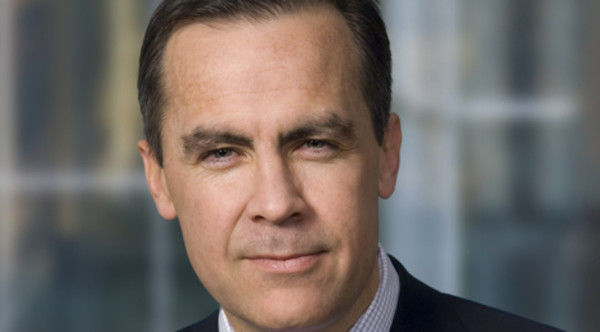

The Bank of England’s governor told the Treasury Select Committee this morning that the UK is nearing the point where interest rates will begin to rise.
Responding to questions from the committee following the publication of the recently published inflation report and data which showed that inflation is at 0 per cent, Mark Carney alluded to the much-discussed raising of historically low interest rates.
“The point at which interests begin to rise is moving closer... counterbalanced somewhat by disinflation and lots of caveats.”
He continued by stating that the economy has been performing well, growing faster than the historic trend for a few years, along with a big increase in employment and wages beginning to grow.
“Households should begin to manage their finances with the expectation that there will be interest rate rises,” Mr Carney added.
At its meeting on 8 July the Monetary Policy Committee voted to maintain bank rate at 0.5 per cent.
Responding to questions from the committee about how an eventual rate rise would impact consumers, Mr Carney said that he expected the adjustments to be gradual, but admitted that for some people this will be the first time since they took out debt that interest rates go up, so there does need to be a certain sensitivity.
“The challenge is where is that equilibrium interest rate, today and tomorrow,” he added, pointing to a wide variety of factors that influence the bank’s decision making.
MPC member David Miles also said that while the low level of interest rates was a completely rational response to the financial crisis, they are not necessarily needed as the economy continues to improve.
On the topic of Greece, Mr Carney said that the pre-cursor to a deal that was brokered on Monday morning will require “a Herculean effort from all sides” as the scale of structural reforms and privatisation involved is “significant”.
“The privatisation programme necessary to add to the productivity potential of the Greek economy means big execution risks on all sides, especially around the profile of the debt not being sustainable in its current form.”
He also criticised a “series of institutional shortcomings which still exist within European monetary union” that mean there is also unfinished business there.
Jon Cunliffe, the BOE’s deputy governor, added: “The message I took from the weekend is that there is an awful lot of political capital invested in the euro and to keep it whole.”
peter.walker@ft.com




